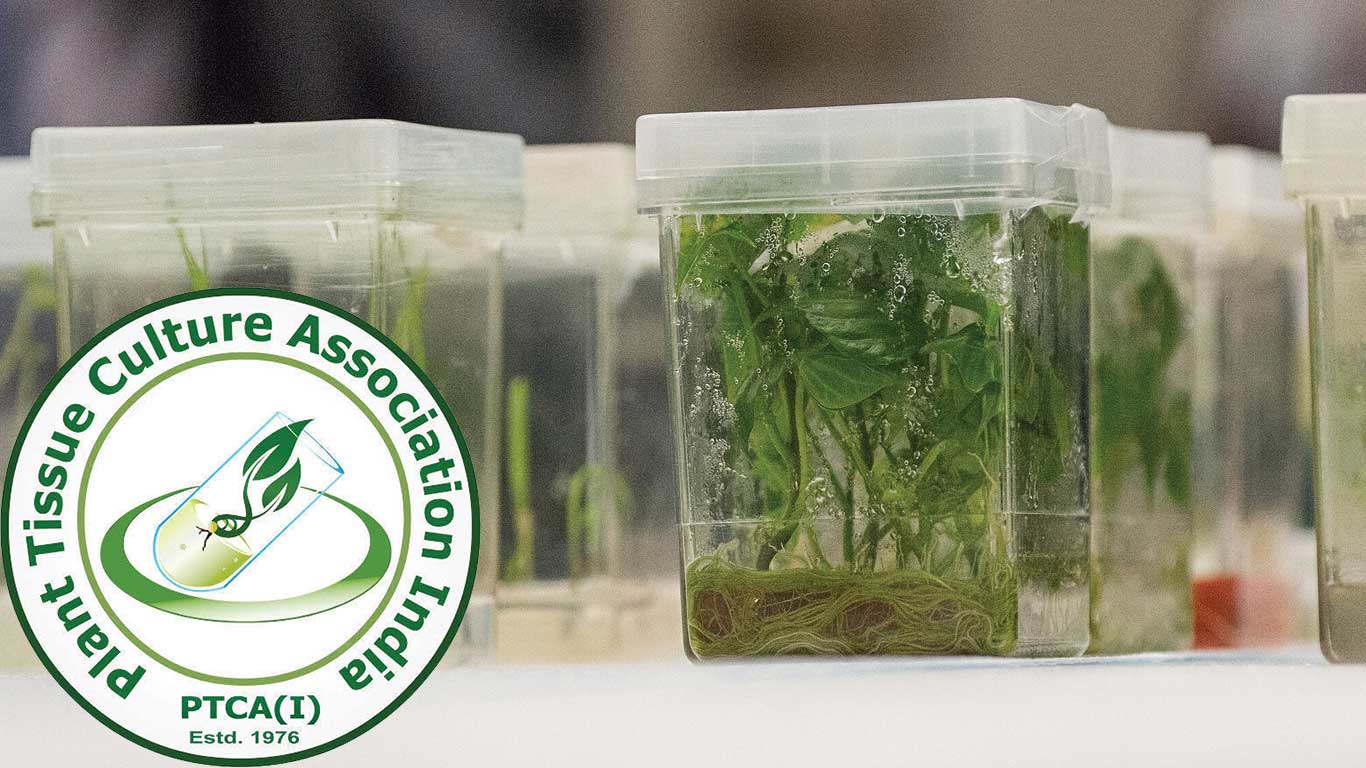Maharashtra’s Tissue culture Sector Pushes for Reforms in Certification and Grievance Redressal

Pune, Oct 7 (KNN) The Association of Plant Tissue Culture Industries in Maharashtra has formally asked the Union Department of Biotechnology to simplify certification norms, cut costs, and strengthen grievance redressal mechanisms.
In a letter submitted Monday, they highlighted pressing issues such as short validity of certificates, high certification fees, and poor coordination among state agencies.
During a stakeholders’ meeting held alongside an awareness programme at IISER Pune (organised with BRI‑NIPGR, New Delhi) under the NCSTCP (National Certification System for Tissue Culture Raised Plants), industrial representatives voiced their concerns.
Akshay Patil, association chairman, noted that even with government‑approved testing, state officials frequently hold certified firms accountable during panchnama (inspection) processes. Subsequently, farmers register consumer court claims against them—even if the fault lies elsewhere.
Tushar Shinde, the association’s secretary, added that uncertified plants from other states, sold without bills at lower prices, undercut certified producers. Yet, no regulatory action is taken against such sellers.
He demanded that at least one expert from the biotech department be involved in inspections and that standard operating procedures be drawn up for state agencies to follow.
Maharashtra annually produces about 20 crore tissue‑culture plants—90% of them bananas, along with bamboo, teak, pomegranate, and other crops.
Roughly 50 companies operate in the state; 15–20 are active producers. The association currently includes 43 firms, serving both farmers and industry.
Among their key demands are a reduction in certification costs and extending certificate validity beyond two years to ease the burden on small and medium producers.
Patil also urged government support against market fluctuations, citing heavy monsoon rains that disrupted transport and forced farmers to cancel bookings.
In the last four years, the NCSTCP programme certified 65 crore plants; about 35 lakh substandard plants were discarded during quality checks.
Since 2006, around 1.4 billion tissue‑culture plants have been certified overall. To stay competitive in the future, industry leaders say the sector should also explore advanced techniques like CRISPR and automated micropropagation.